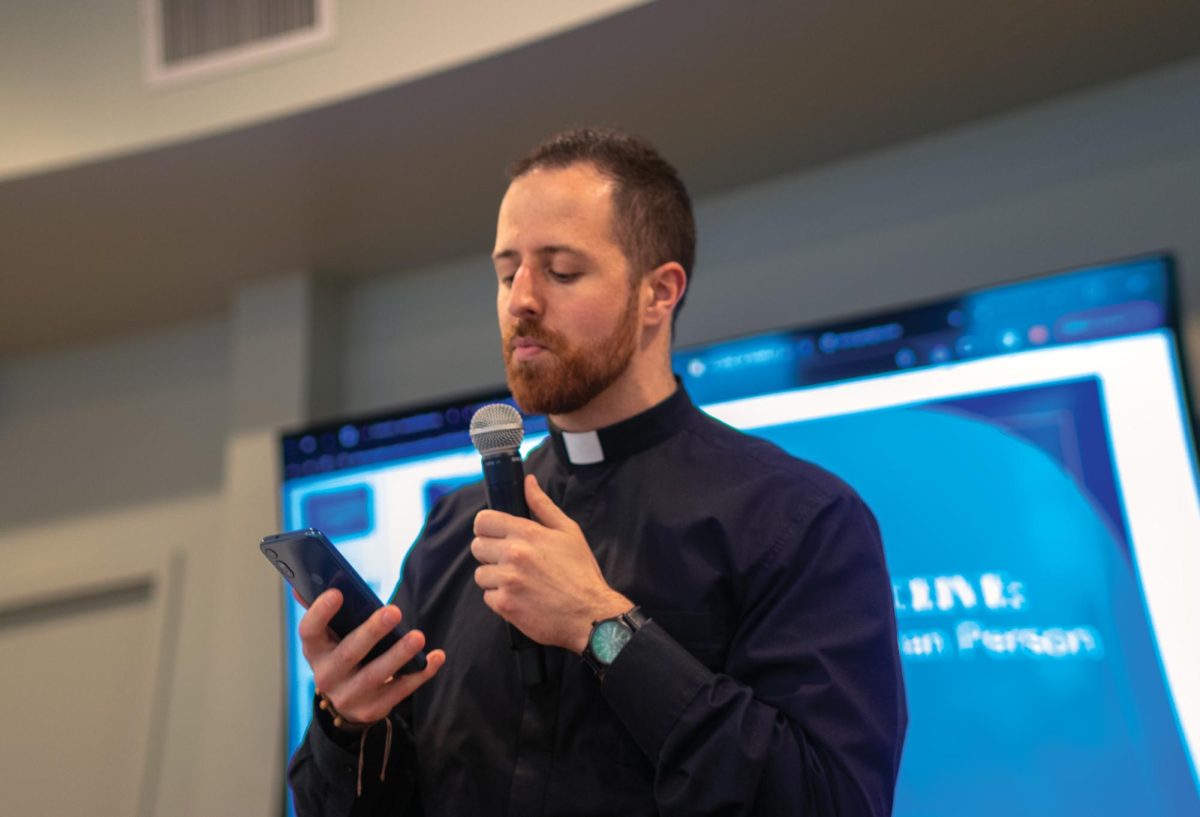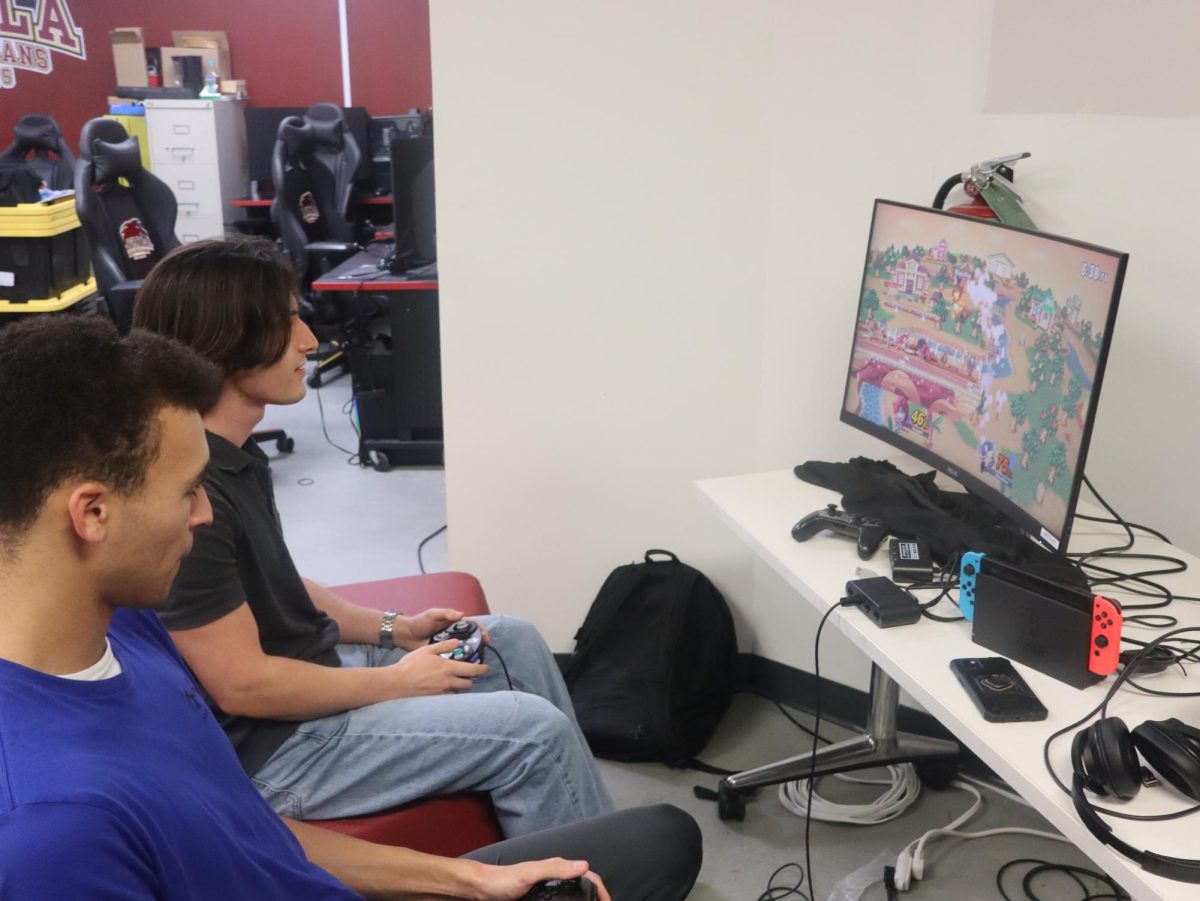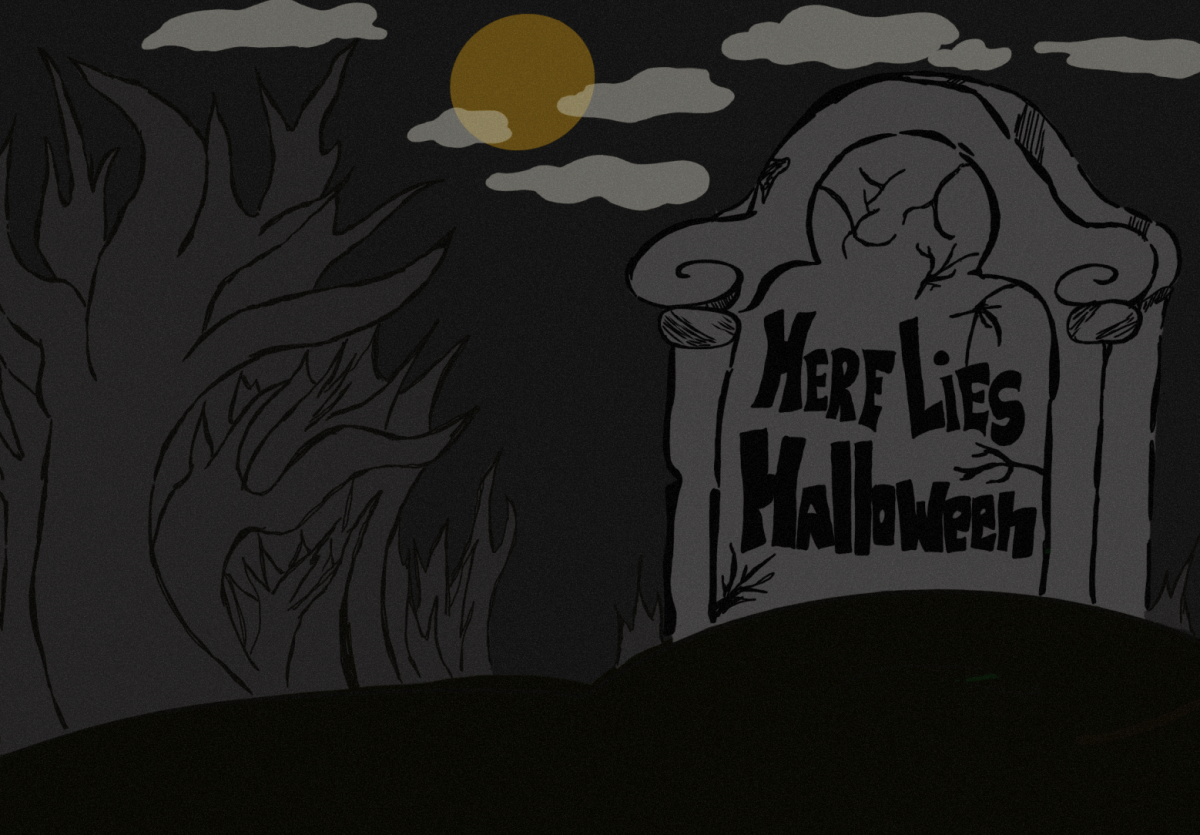Over the years, I have come to believe that memory, identity and sexuality (all aspects of sexuality, not merely sexual drive) are linked so closely that any shift in one affects another, thus affecting each person as a whole and the way in which they interact with others.
For someone who is spiritual or religious especially, your identity and sexuality may not always be things with which you’re comfortable.
Being spiritual and devoted to a family that tolerates and supports but does not accept much deviation from heteronormative behavior, I often find myself in psychological turmoil. Much like Hans Christian Andersen, I don’t feel wrong for feeling like a person and being attracted to people rather than a gender, but I long for acceptance and understanding from my peers, from my family and from those I look to for support.
I found support at Loyola in many places, but I kept returning to Mission and Ministry. One of the most influential forces in the learning process has been the CLC, or Christian Life Community. Skittles is a CLC at Loyola that focuses on Ignatian spirituality from an LGBT-positive perspective. In this particular CLC, there is discussion specifically geared toward day-to-day conflict, identity, family and spirituality in light of sexuality. What makes this group special is that they accept and empathize with others instead of tolerating or pitying them.
There have been many people in my life who have cared for me and wished me well. In many cases, it has been these well-intended well-wishers who have caused the most harm. When you pity someone, you place yourself above the person, treating them as if they are flawed or weaker, as if there is something wrong with them that needs to be fixed.
To empathize is to care for the person wholly, to understand a part of their perspective without devaluing them or their experience. Pity does not do this. So when someone dismisses another person by feeling bad for him or her, subtle invalidation occurs. The person being pitied feels as though they are flawed and begins listening to others instead of to themselves.
At least, that’s how I felt when I realized that asexuality was what best described how romantic relationships worked for me. Friends and family who cared for me tried to encourage me in my “time of questioning,” but it was never a question of how I felt, just one of how best to communicate what I felt.
I constantly heard, “You just haven’t met the right person yet,” or “You’re young, you’ll figure it out as you get older,” which was ridiculous since I was and had been attracted to people, I just lacked primary sexual attraction. Eventually, I felt that no one would stop to try to understand a perspective different from their own, and I stopped talking about it, retreating into the proverbial closet (though for asexuals, I imagine it’s a wardrobe of some sort).
When I joined Skittles in 2010, I was at first very uncomfortable surrounding myself with a religious structure. Skittles seemed to have a “come-as-you-are” attitude that was both warm and inclusive, so I gave it a try.
I was able to engage in meaningful discussion about religion and spirituality with my peers and still feel comfortable and accepted. Discussion fostered introspection and helped me relate to others as well as to grow into learning how to accept myself.
I still have a long way to go, and I hope that I will be able to learn and grow for the rest of my life regardless of my level of comfort. But it is nice to be able to recognize progress and growth in myself and in how I relate to others.
I am learning to listen to others when they are having troubles of any sort instead of trying to give them advice or solve their problems. I am learning to accept instead of tolerate and to empathize instead of sympathize.
But most importantly, I am learning to face myself. I am learning that I have to accept and care for myself first because I am the only one who will be able to figure out what I want and what I need.
Anjle Coleman is a music performance senior and can be reached at













